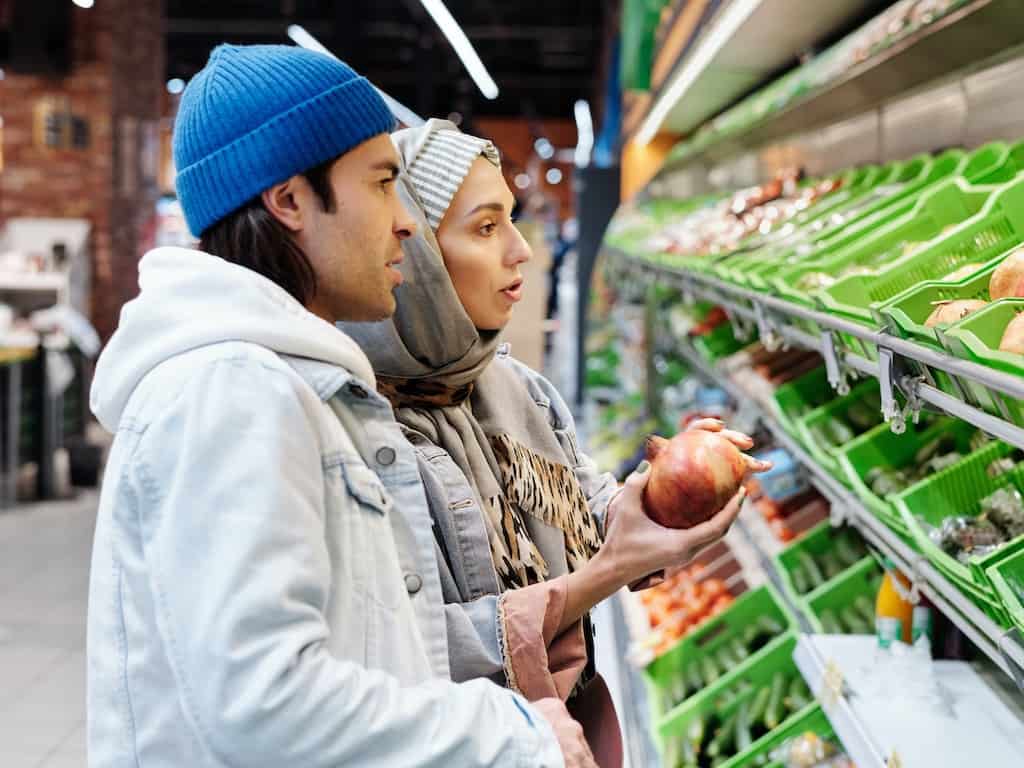If there is one country in the GCC where the idea of sustainable shopping can take off, it is the UAE. Yet, there is a lot for it to do in order to make the concept work.
First, what is sustainable shopping? It is a means in which you consume goods and services that considers the most efficient and beneficial options for all the species and systems on the planet.
“Go green!” they say. “Shop green!” “Think green!” they say. The color green is associated with sustainability.
UAE is considered among the best GCC countries when looking at sustainable shopping in the region, and there is a lot of work and responsibility on the shoulders of retailers and other governments to grow a sustainability awareness generation and encourage environmentally friendly shopping.
UAE can do more
“There are a few market leaders in driving sustainability, but unfortunately, there are several significant supermarket chains that have not looked at promoting and focusing on sustainability,” Daniel Cabral, Procurement Director at Kibsons International, says.
He added: “When we compare some of the more mature markets around the world, the UAE grocery sector can still do a lot more.”
Because of the country’s wide range of cultures, the UAE is a fascinating place to visit and do business in, but it also means that some clients are still unfamiliar with the concept of sustainability.
People from all over the world are interested in what they can do as individuals to help the world develop, and one area where they can really make a difference is food sustainability. It’s true that many people are interested in purchasing products that are environmentally friendly, but there are still a lot of people who don’t understand what sustainability is.
Sustainable Grocery Challenges
GCC Sustainable grocery challenges can be summarized as two:
– Educating customers on what exactly sustainable grocery shopping is.
– Potential of higher costs that can be attached to some sustainable products.
As simple as it is, customers like the idea of sustainability, but many do not like having to pay more for it. So, a challenge is finding ways to work closely with suppliers and logistics partners to find ways to introduce sustainability while at the same time providing manageable and fair pricing that is beneficial to end customers.
In this context, Kibsons growers and suppliers are working hard to improve their production to more sustainable methods while at the same time, logistics providers are working hard to minimize their carbon footprint with the goal of trying to reach zero carbon footprint, Cabral mentioned.
Moreover, Kibsons have installed solar panels for most of its energy requirements for our cold store and distribution center, as well as recycling its water usage to reduce water waste by over 70 percent. Any food waste is naturally composted to be used for plants and the like, while cartons are all sent for recycling.
Rules and Regulations
The procurement director at Kibsons does not believe that particular rules and regulations are necessary to drive the process towards more sustainable purchasing unless we are talking about phasing out or at the very least charging customers for plastic bags used in supermarkets.
Customers are naturally shifting their preferences in favor of more environmentally friendly solutions, and this is motivating all stakeholders to improve their performance and increase their environmental stewardship.
Sustainability can also be improved by providing more recycling and waste management services since consumers can purchase eco-friendly and sustainable products, but once these things are thrown away, there should be a greater effort in the actual recycling of goods and simple access to do so.








